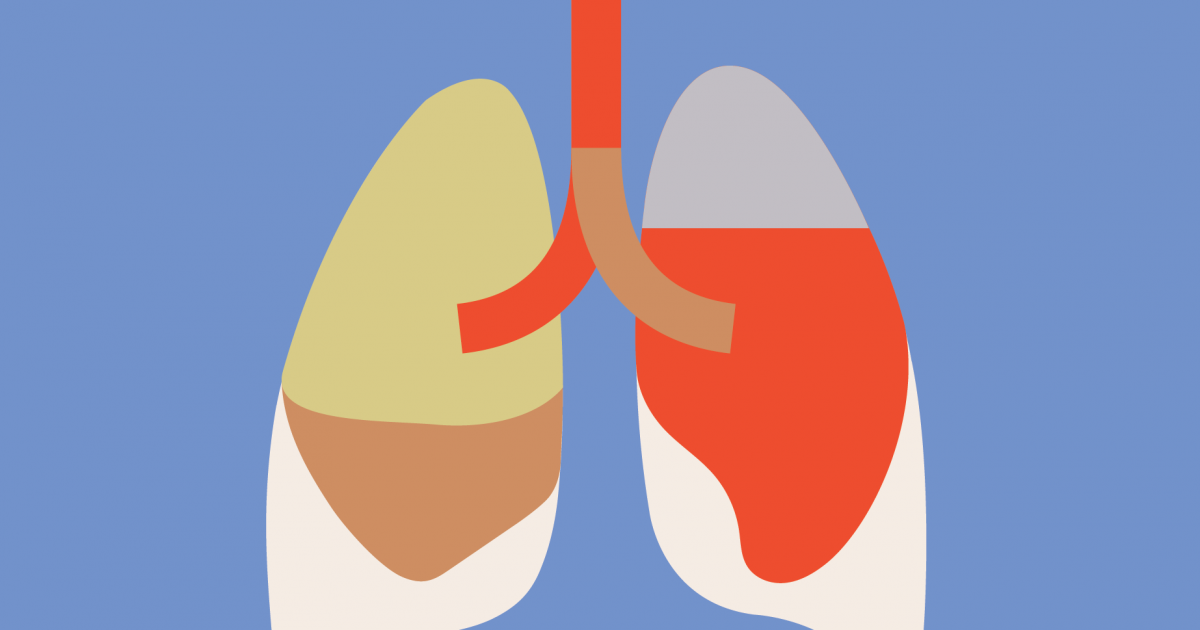Non-Smokers Can Get Lung Cancer, Too
- A fifth of men and half of women with lung cancer never smoked
- Non-smokers usually get a different kind of lung cancer than smokers
- Non-smokers may receive different treatments and usually respond better
How Did I Get Lung Cancer in the First Place?
Smoking is, of course, the leading cause of lung cancer. So much so, that it causes a lot of cancers in non-smokers, too. That's because regular exposure to secondhand smoke through smoking in your household or workplace, for example can make your risk for lung cancer 20 to 30 percent higher than other non-smokers' risk. Let that sink in for a moment.
Read MoreA strong family history of lung cancer may suggest that you carry genes that predispose you to the condition.
Women and Asian and Hispanic people are also more likely than other non-smokers to develop lung cancer.
Do Smokers & Non-Smokers Get the Same Disease?
Some experts believe that the type of lung cancer that non-smokers get is different enough from the type that smokers get to be considered a separate disease.
For starters, says Flores, doctors see different subtypes of lung cancer in non-smokers. There are two major types of lung cancer: non-small cell and small cell. Non-small cell breaks down into three subtypes: adenocarcinoma, squamous cell carcinoma, and large cell carcinoma.
"Adenocarcinoma is the most common type in both smokers and never smokers," says Flores, "but we see more adenocarcinoma in never smokers than squamous and small cell. We see all three types in those who smoke."
What Do People With Lung Cancer Need to Know About COVID-19?
But, perhaps more importantly, never smokers' lung tumors are genetically very different from those of smokers. Increasingly, doctors and researchers classify cancer tumors by their unique genetic characteristics rather than simply the part of the body where they first appear that is, lung, breast, colon, etc. This matters because these genetic traits are often what makes the tumors grow. Different drugs target different genetic traits in order to stop or slow the progress of the disease.
Lung tumors in non-smokers are more likely to have mutations in a gene called EGFR and another called ALK. That's not bad news though. Doctors have treatments that can stop or slow the growth of cancers with these genetic traits.
How Does Smoking Affect My Treatment & Prognosis?
The DNA of your tumor, which often correlates with whether you smoke, can help doctors make treatment decisions. For example, people who have EGFR-positive lung cancer often respond to drugs that target that gene, known as "targeted therapy," such as erlotinib (Tarceva) and gefitnib (Iressa). People who have the less common ALK gene mutation may take a targeted medication that blocks that gene's activity, such as alectinib (Alecensa), brigatinib (Alunbrig), ceritinib (Zykadia), crizotinib (Xalkori), or lorlatinib (Lorbrena).
Non-smokers respond better to targeted drugs, Flores says.
Related: Screen More People For Lung Cancer To Save Lives Important New Guidelines
No matter what the genetic makeup of the tumor, when doctors find your cancer early enough, the ideal treatment is first to remove as much of the cancer as possible with surgery. And, non-smokers tend to do better with lung surgery than smokers do because their lungs work better to begin with.
Overall, non-smokers have higher lung cancer survival rates than smokers. These rates could be improved, however, by earlier detection. Many experts have called for better screening methods for non-smokers who may be high risk.
Learn more about SurvivorNet's rigorous medical review process.


